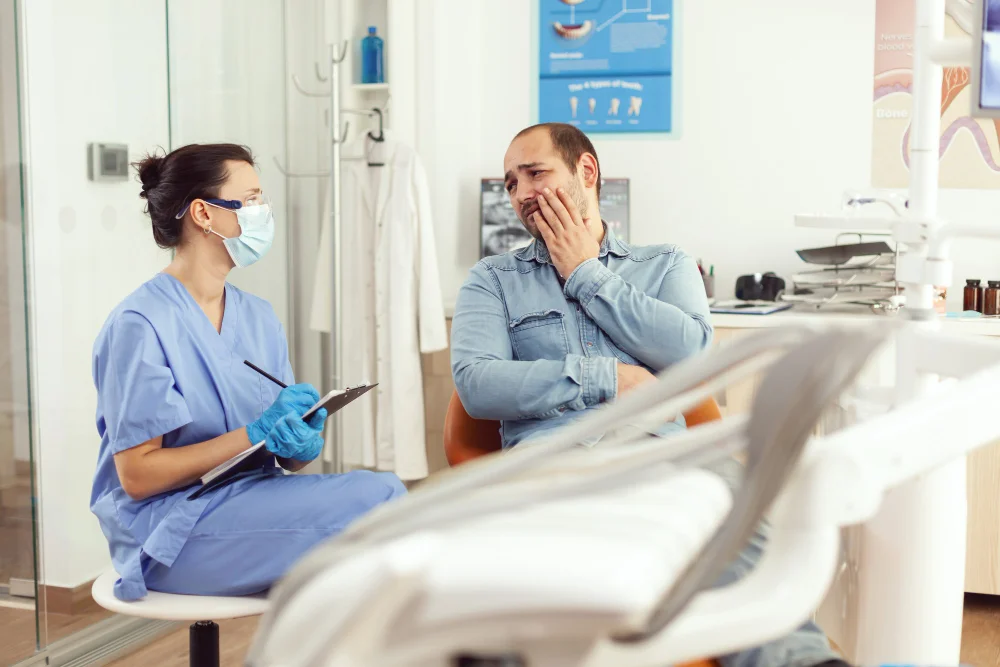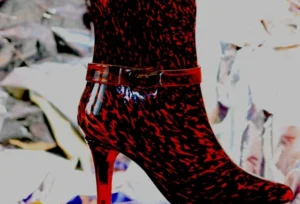When To Call For Emergency Dentistry: Signs You Need Immediate Care
Sometimes, dental issues escalate quickly. Knowing when to call for emergency dentistry can make all the difference for your health. You should always be aware of warning signs that require immediate attention. Sudden, severe pain can indicate a serious problem. Notice any swelling or bleeding? These are red flags. Additionally, loose or knocked-out teeth need urgent care to prevent long-term consequences. Cracks or breaks in teeth also demand swift action. These situations should never be ignored. If you’re unsure, always err on the side of caution. Reach out to a professional for guidance. For those in Illinois, a Streamwood dentist can provide expert emergency care. Remember, fast action protects your smile and well-being. With the right knowledge, you can tackle dental emergencies effectively. Stay informed and proactive about your dental health. By understanding these signs, you ensure you receive the right care when it truly matters.
Identifying Dental Emergencies
It’s crucial to differentiate between a minor issue and a dental emergency. Not every problem requires immediate attention. However, some situations demand quick action. Here are the signs that indicate you need emergency dentistry:
- Severe Toothache
- Bleeding Gums
- Swollen Face or Gums
- Knocked-Out Tooth
- Broken or Chipped Tooth
- Lost Dental Filling or Crown
Comparing Symptoms and Actions
Understanding what steps to take can help you manage the situation effectively. The table below outlines common symptoms and the recommended actions:
| Symptom | Recommended Action |
|---|---|
| Severe Toothache | Rinse your mouth, apply a cold compress, and contact your dentist immediately. |
| Bleeding Gums | Gently rinse with warm water and see your dentist as soon as possible. |
| Swollen Face or Gums | Apply a cold compress and seek emergency dental care. |
| Knocked-Out Tooth | Keep the tooth moist. Place it in milk or use a tooth preservation product. Contact a dentist immediately. |
| Broken or Chipped Tooth | Rinse the mouth with warm water, apply gauze if bleeding, and visit your dentist promptly. |
| Lost Dental Filling or Crown | Use temporary dental cement available at drugstores and schedule an appointment with your dentist. |
When Pain Signals a Problem
Pain is your body’s way of signaling that something is wrong. A severe toothache can be the result of an infection or decay. This requires immediate care to prevent further complications. Ignoring pain can lead to more serious issues.
Why Swelling is a Concern
Swelling often indicates an infection. This can spread quickly if left untreated. It’s important to seek emergency care when you notice any swelling in your face or gums. The Centers for Disease Control and Prevention emphasizes the importance of addressing infections promptly to avoid systemic health problems.
Handling a Knocked-Out Tooth
A knocked-out tooth can often be saved if you act fast. Handle the tooth carefully, avoiding the root. Keeping it moist is key to successful re-implantation. Seek immediate dental treatment to increase the chance of saving your tooth.
Addressing Broken or Chipped Teeth
Broken or chipped teeth can cause pain and lead to infection. Immediate care prevents these complications. Rinse your mouth with warm water and apply gauze if needed. Your dentist will assess the damage and recommend the best course of action.
Managing Lost Fillings or Crowns
Losing a filling or crown requires a quick response to prevent discomfort or further damage. Temporary solutions are available at drugstores. However, you should see your dentist soon to have the issue properly addressed. This prevents long-term problems.
Staying Ahead of Emergencies
Preventive care is your first line of defense against dental emergencies. Regular check-ups and good oral hygiene help you maintain your dental health. Don’t wait for warning signs. Proactive care minimizes the risk of emergencies.
In conclusion, knowing when to call for emergency dentistry is vital for maintaining your dental health. By recognizing the signs and taking prompt action, you can address issues before they escalate. Stay informed and protect your smile effectively.

Deepak Sharma
Namaste! I’m Deepak Sharma, the creative mind behind SocialFunda, your go-to hub for Facebook bios, captivating captions, Instagram bios, and a treasure trove of Hindi Shayari. As a digital enthusiast, I am passionate about curating content that adds a touch of flair to your online presence.







